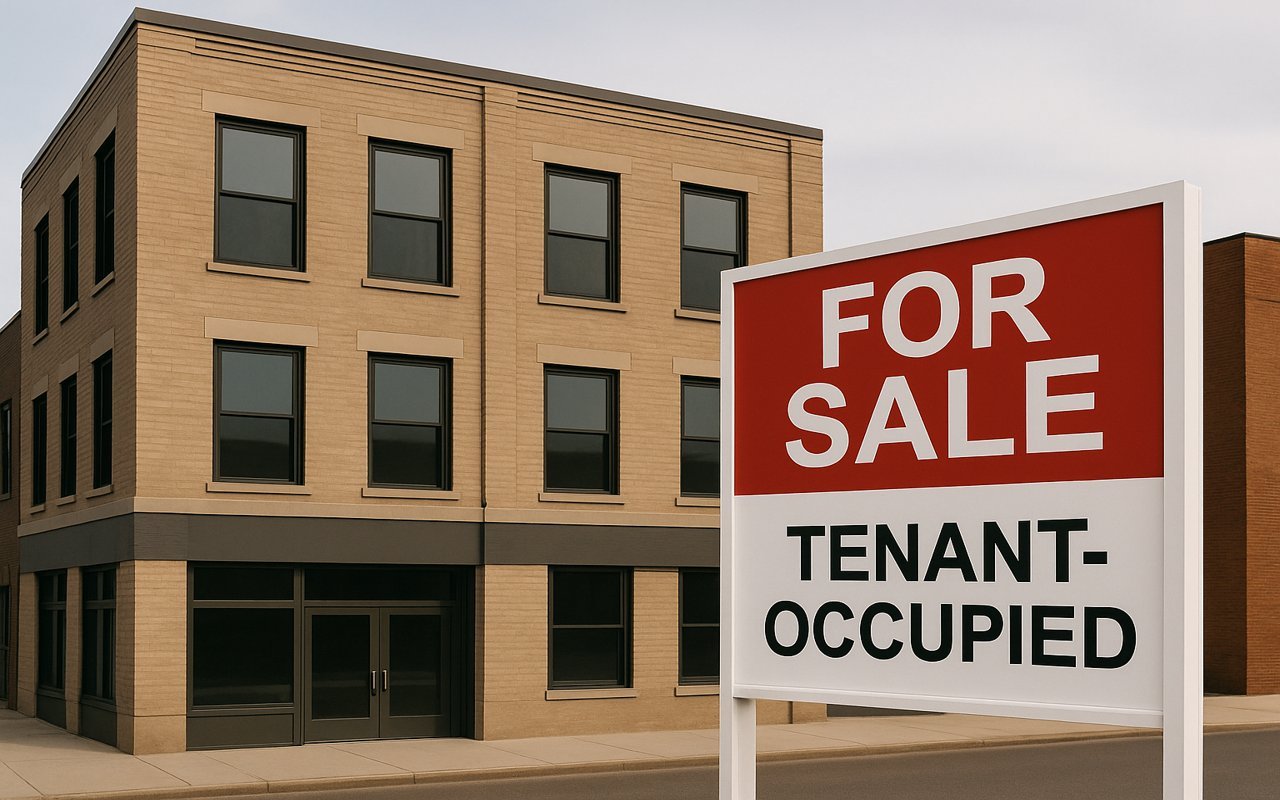
If you plan to sell a commercial property with tenants in place, your lease documents and legal records matter as much as your asking price. Buyers evaluate tenant stability, lease terms, and your ability to transfer the property cleanly. Selling tenant-occupied property is not just about location or cap rate. It’s about clarity. The better your records, the smoother the deal.
Buyers want predictable income and minimal risk. If your leases are outdated, unclear, or inconsistent, the buyer may hesitate or reduce their offer. Before listing, you should evaluate what each lease says, how it’s documented, and whether any verbal agreements or side deals need to be resolved.
A full lease review means checking rent terms, renewal options, escalation language, maintenance responsibilities, and any clauses tied to termination or assignment. If any of these terms are missing or vague, the buyer may request changes or delay the process to clarify them. Assignability clauses are especially important because they govern whether a lease can transfer automatically to the new owner. If the lease is silent or restrictive, the sale can be affected.
Tenant estoppel certificates are often required in these transactions. An estoppel is a signed statement from the tenant confirming that the lease is in effect, rent is current, and there are no unresolved disputes. Buyers use these documents to verify the accuracy of your lease summaries and disclosures. Preparing estoppels in advance helps avoid last-minute confusion or slowdowns during due diligence. If a tenant claims they were promised a repair credit or rent break not captured in the lease, you want to address that early.
The estoppel process also reveals how engaged and cooperative your tenants are. If tenants respond quickly and confirm lease accuracy, it signals a stable relationship. If they raise concerns, delay their response, or reveal problems that were never documented, the buyer may see the property as higher risk. Getting ahead of this by preparing draft estoppels and reviewing lease files in detail is one of the most effective ways to control your timeline and protect your sale price.
Selling tenant-occupied property means transferring all lease obligations. After closing, the buyer becomes the landlord. This includes assuming responsibility for any concessions, security deposits, and ongoing repairs. If the lease promised a rent reduction for future HVAC upgrades, the buyer inherits that obligation. You must be ready to show your full accounting history and clarify any open issues. This includes rent proration. If tenants have already paid rent for the month and your closing occurs mid-month, the proper portion must be credited to the buyer. The clearer your ledger, the easier it will be to finalize terms.
Buyers and their lenders expect a clean due diligence package. That includes fully executed leases, a reliable rent roll, updated contact records, security deposit documentation, and a breakdown of tenant obligations. If leases vary widely between tenants, include a written summary that outlines key differences. This helps the buyer evaluate the risk without guessing. Missing documents or vague language can slow the deal or even trigger price renegotiations.
Another important part of selling tenant-occupied property is understanding tenant rights during the sale. If a tenant has a right of first refusal or an option to purchase the property, you must notify them and give them the chance to match the offer. Failing to do so could result in a claim later. These clauses should be identified and handled early in the sale process.
Disclosures also matter. Buyers will ask you to confirm that you are not aware of disputes, unpaid rent, or side agreements not disclosed in the leases. If there are any gray areas, now is the time to address them. Resolving those questions up front builds credibility and helps close the sale without surprises.
Timing also matters. Many commercial buyers move quickly once under contract, with aggressive due diligence windows. If you’re scrambling to find lease documents or clarify side agreements while they are reviewing your property, it weakens your position. It may also force you into giving credits or accepting lower offers. The better prepared you are before listing, the more control you have during the negotiation and closing process.
At Kleiner Law, we help Florida commercial property owners prepare for sale by reviewing leases, estoppels, and transactional documents. We do not handle litigation. Our work is focused on making sure your lease file is complete and defensible before the sale begins. That includes confirming lease terms, clarifying language, preparing estoppels, reviewing assignability clauses, and supporting the legal side of due diligence. Our goal is to reduce exposure, save time, and help you exit with confidence.
If you are preparing to sell tenant-occupied property, we can help you avoid delays and legal friction. Your leases are part of your value. Make sure they are working for you before the buyer sees them. Contact Kleiner Law today.